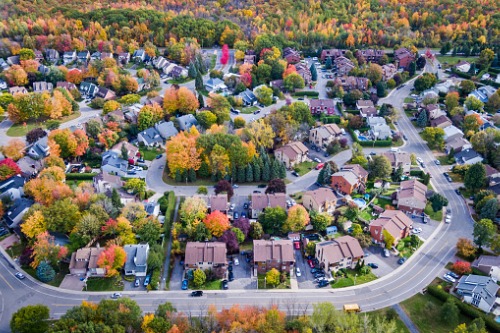

By
The value of Australia's residential property market has, for the first time, breached the $8tn mark.
The growth was driven by the consistent and robust capital gains across capital cities in recent months, according to the latest report from CoreLogic.
The broad-based capital increases across the country have pushed the total value of the residential property market to $8.1tn. This means that Australia's residential market is four times the size of Australian GDP and is $1tn higher than the combined value of the ASX, superannuation, and commercial real estate stock.
"The Australian dwelling market has reached fresh record highs for the past four months," said Eliza Owen, head of research at CoreLogic.
Owen said this boost in the overall residential market value positions Australian homeowners in a strong equity position. At the end of the year, only 1.3% of housing loans are expected to be in a negative equity position, according to estimates from the Reserve Bank of Australia.
"However, for many Australians looking to get a foot on the property ladder, the continued strength in the market is putting home ownership further out of reach despite record low mortgage rates. Wages growth simply isn’t keeping pace," Owen said.
National home values increased by 6.8% on a three-month basis in April. This was the highest quarterly dwelling growth rate recorded since December 1988.
On a monthly basis, however, the growth in dwelling values eased from the 32-year high of 2.8% in March to 1.8%.
Tim Lawless, research director at CoreLogic, said the pace at which Australian values are growing is likely to slow down as supply rise and affordability concerns rise.
"The slowdown in housing value appreciation is unsurprising given the rapid rate of growth seen over the past six months, especially in the context of subdued wages growth," he said. "With housing prices rising faster than incomes, it’s likely price sensitive sectors of the market, such as first home buyers and lower income households, are finding it harder to save for a deposit and transactional costs.”
